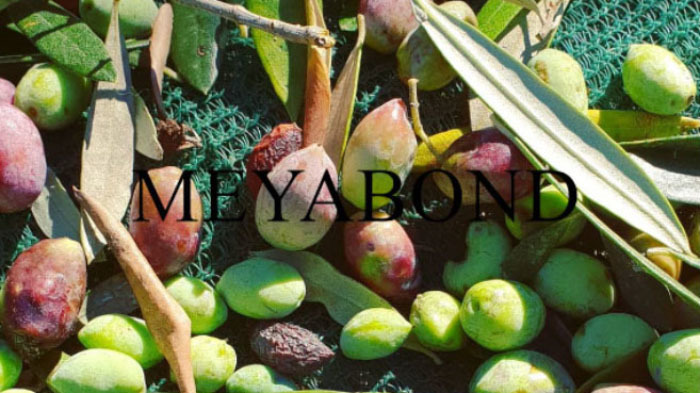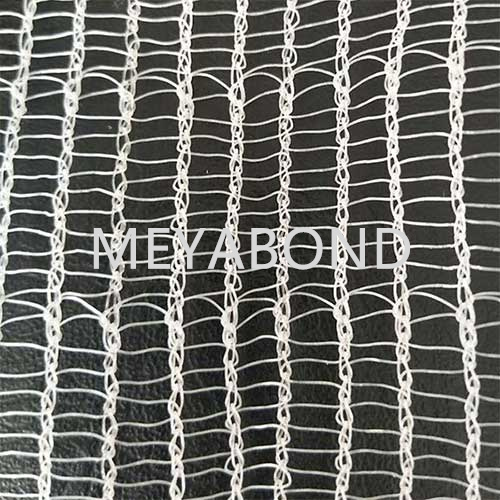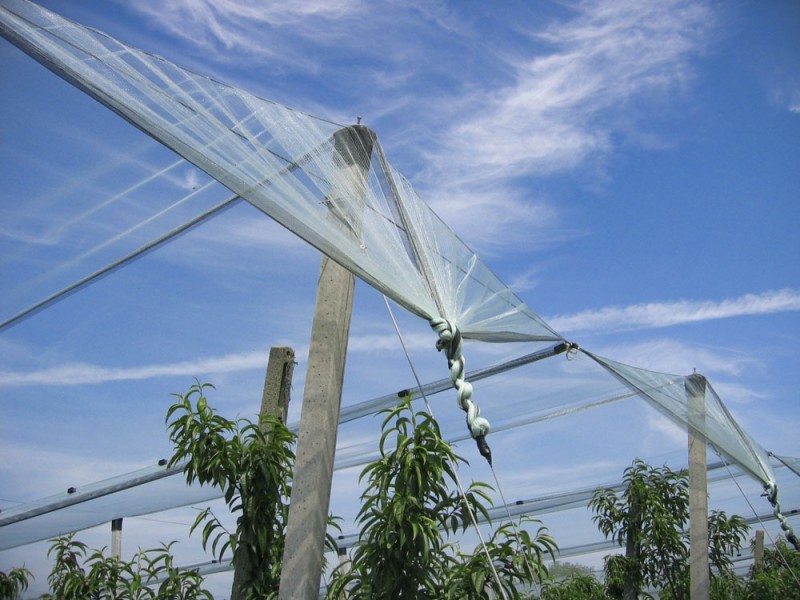Why a Date Bag is Essential for Sustainable Agriculture
Why a Date Bag is Essential for Sustainable Agriculture
Sustainable agriculture has become a cornerstone of modern farming practices, as farmers seek methods to improve yield while safeguarding the environment. Among the innovative tools available, **date bags** stand out as essential components for enhancing productivity and sustainability in agriculture. In this article, we will delve deep into the significance of date bags, examining their multifaceted benefits, practical applications, and why they are crucial in the journey toward sustainable farming.
Table of Contents
1. Understanding Sustainable Agriculture
2. The Role of Innovative Farming Solutions
3. What is a Date Bag?
4. Advantages of Using Date Bags in Agriculture
4.1. Crop Protection from Pests and Diseases
4.2. Optimizing Water Usage
4.3. Enhancing Fruit Quality
4.4. Labor Efficiency and Cost-Effectiveness
5. Date Bags and Environmental Conservation
6. Best Practices for Using Date Bags
7. Case Studies: Successful Implementations of Date Bags
8. Frequently Asked Questions (FAQs)
9. Conclusion
1. Understanding Sustainable Agriculture
Sustainable agriculture is a holistic approach to farming that prioritizes ecological balance, social equity, and economic viability. The primary goal is to produce food in a way that meets present needs without compromising the ability of future generations to meet their needs. This approach emphasizes the importance of preserving natural resources, reducing chemical inputs, and fostering biodiversity.
2. The Role of Innovative Farming Solutions
In the pursuit of sustainable practices, innovative farming solutions play an integral role. These solutions enhance productivity while minimizing environmental impact. From precision agriculture technologies to organic farming techniques, the focus is on using resources wisely and responsibly. The introduction of specialized tools like date bags exemplifies how innovation can lead to significant improvements in farming efficiency and sustainability.
3. What is a Date Bag?
A **date bag** is a protective cover designed for date palm fruits, allowing farmers to shield their crops from environmental stressors. These bags are typically made from breathable, lightweight materials that facilitate air circulation while providing a physical barrier against pests, diseases, and harsh weather. By using date bags, farmers can ensure that the fruits remain healthy and high-quality throughout the growing season.
4. Advantages of Using Date Bags in Agriculture
The use of date bags in agriculture comes with numerous advantages that cater to the specific needs of farmers. These benefits not only contribute to higher yields but also promote sustainable practices in agriculture.
4.1. Crop Protection from Pests and Diseases
One of the most significant advantages of date bags is their ability to protect crops from pests and diseases. By covering the fruits, date bags act as a barrier, preventing insects from laying eggs and feeding on the fruits. This protection reduces the need for chemical pesticides, which can have detrimental effects on the ecosystem. By minimizing pesticide use, farmers can maintain healthier soil and promote biodiversity.
4.2. Optimizing Water Usage
Date bags also help optimize water usage. By shading the fruits from direct sunlight, these bags reduce evaporation and help retain moisture in the soil. This is particularly beneficial in arid regions where water scarcity is a significant concern. Efficient water management not only conserves resources but also leads to healthier plants and better yields.
4.3. Enhancing Fruit Quality
Using date bags can significantly enhance the quality of the fruits. The bags protect the fruits from sunburn and physical damage, leading to higher marketable yields. Additionally, the controlled environment within the bags can promote uniform ripening, resulting in more aesthetically pleasing and flavorful dates. Higher quality fruits command better prices in the market, benefiting farmers economically.
4.4. Labor Efficiency and Cost-Effectiveness
Implementing date bags can also lead to labor efficiency and cost-effectiveness. By reducing the need for pest control treatments and improving fruit quality, farmers can lower their overall operational costs. Furthermore, the reduced labor involved in pesticide application allows farmers to allocate their workforce more effectively, focusing on other essential agricultural practices.
5. Date Bags and Environmental Conservation
The environmental benefits of using date bags cannot be overlooked. With a focus on reducing chemical inputs and conserving natural resources, date bags contribute to a healthier environment. By protecting crops naturally and reducing the need for agrochemicals, farmers can promote soil health, protect local ecosystems, and ensure that their farming practices align with sustainable development goals.
6. Best Practices for Using Date Bags
To maximize the benefits of date bags, farmers should follow best practices during implementation:
- **Choose the Right Material:** Opt for breathable materials that allow for air circulation while providing adequate protection.
- **Timing of Application:** Apply date bags at the right stage of fruit development to ensure optimal protection.
- **Regular Monitoring:** Check the bags regularly for signs of wear, damage, or moisture accumulation, and replace them when necessary.
- **Integration with Other Practices:** Combine the use of date bags with other sustainable practices, such as organic pest control, to enhance overall effectiveness.
7. Case Studies: Successful Implementations of Date Bags
Numerous farmers around the world have successfully adopted date bags as part of their sustainable agriculture practices. For instance, in the Middle East, date palm farmers have reported increased yields and reduced pest infestations after implementing date bags. Case studies highlight that many have experienced substantial economic benefits, proving that the investment in date bags pays off in both environmental and financial terms.
8. Frequently Asked Questions (FAQs)
1. What materials are date bags made from?
Date bags are typically made from breathable, lightweight materials such as non-woven fabric, which allows air circulation and moisture retention.
2. How do date bags protect against pests?
Date bags act as a physical barrier, preventing insects from reaching the fruit. They significantly reduce the need for chemical pesticides.
3. Can date bags be reused?
While some date bags can be reused depending on their condition, it is generally recommended to use fresh bags each season for maximum protection.
4. What is the best time to use date bags?
Date bags should be applied when the fruits are still young and developing, typically a few weeks after flowering.
5. Are date bags environmentally friendly?
Yes, date bags contribute to sustainable agriculture by reducing the need for chemical inputs and promoting healthier ecosystems.
9. Conclusion
Date bags represent a vital innovation in sustainable agriculture, offering numerous benefits that enhance crop protection, optimize resource usage, and improve fruit quality. By adopting this practice, farmers can not only increase their productivity but also contribute to environmental conservation efforts. As the agriculture industry continues to evolve, the importance of tools like date bags will only grow, leading the way toward a more sustainable future in farming. Investing in date bags is not merely a choice; it is a commitment to better farming practices that benefit both the environment and the economy.
Key words:
Related News
08-04
07-29
CONTACT US
Email: sales8@meyabond.com
Tel: +8618911966213
No.3 Yard, ZhongHe Road, 100071,FengTai District, Beijing, China
Email: sales8@meyabond.com
Tel: +8618911966213
No.3 Yard, ZhongHe Road, 100071,FengTai District, Beijing, China
















